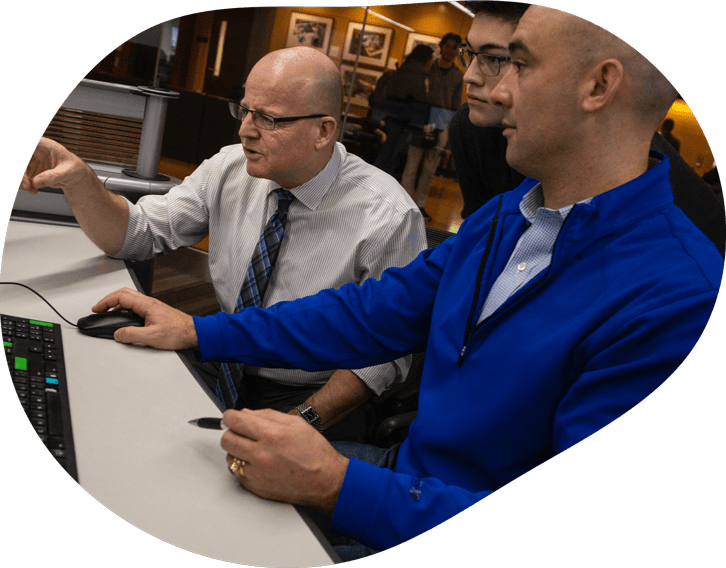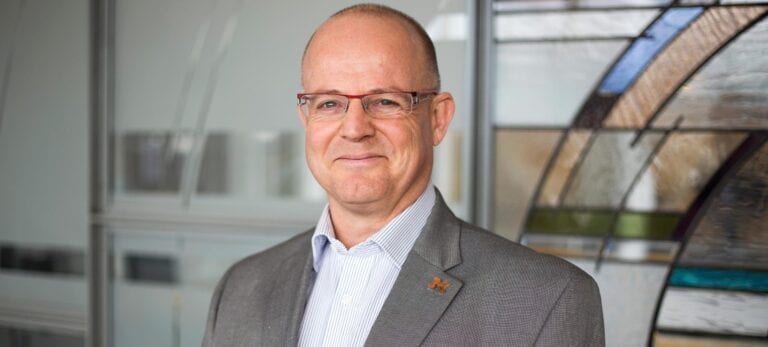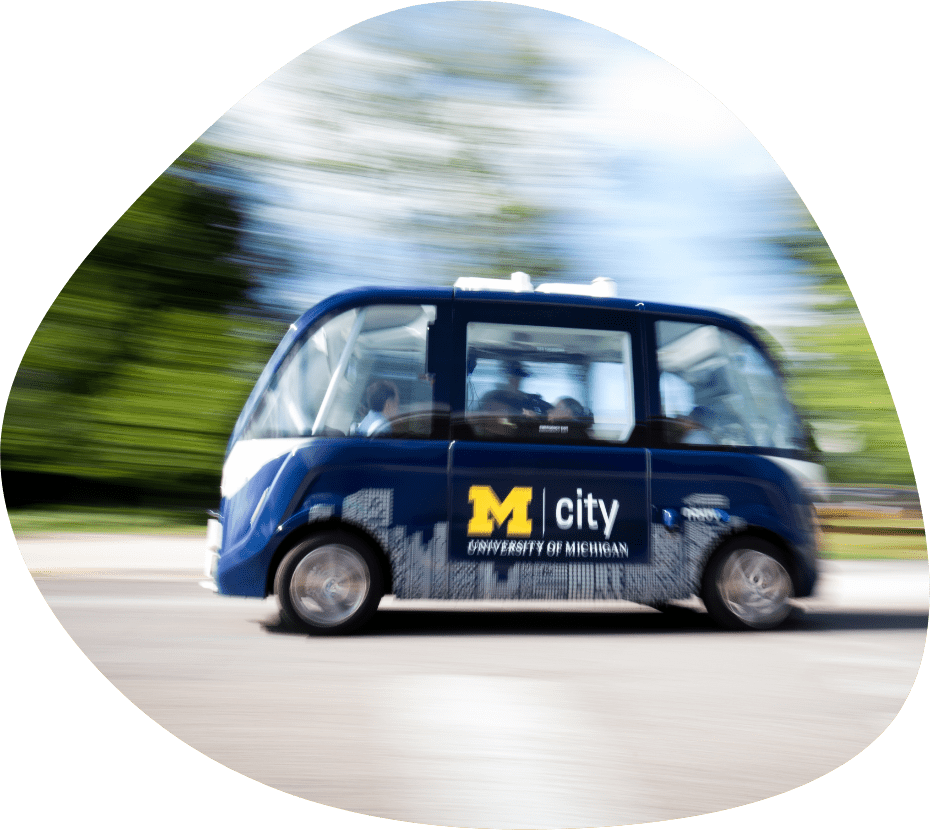Natural and built environments continue to produce an expanding array of interconnected data. When harnessed, these data will bolster sustainability, resource management, resiliency, and human experience. We aim to leverage multi-source, multi-resolution, and emerging data gathered by cutting-edge sensors and survey methods. By advancing computational methodologies—which span AI, robotics, and simulation—we are poised to usher in new paradigms for supporting innovative CEE designs, planning and operation. Insights derived from untapped data recourse will enable novel instruments to finance the construction and maintenance of infrastructure systems. Our Environmental process engineers are capitalizing on the vast data resources lying dormant in our resource recovery facilities to reduce energy footprints and maximize treatment performance. Equally important, by offering equitable policy solutions and refined designs, we can address disparities in community resources and experiences. Our goal is to expedite the adoption of data-enhanced and connected infrastructure systems to support sustainable, secure, efficient, and resilient communities, while paving the way for educating a new generation of data-savvy engineers.







